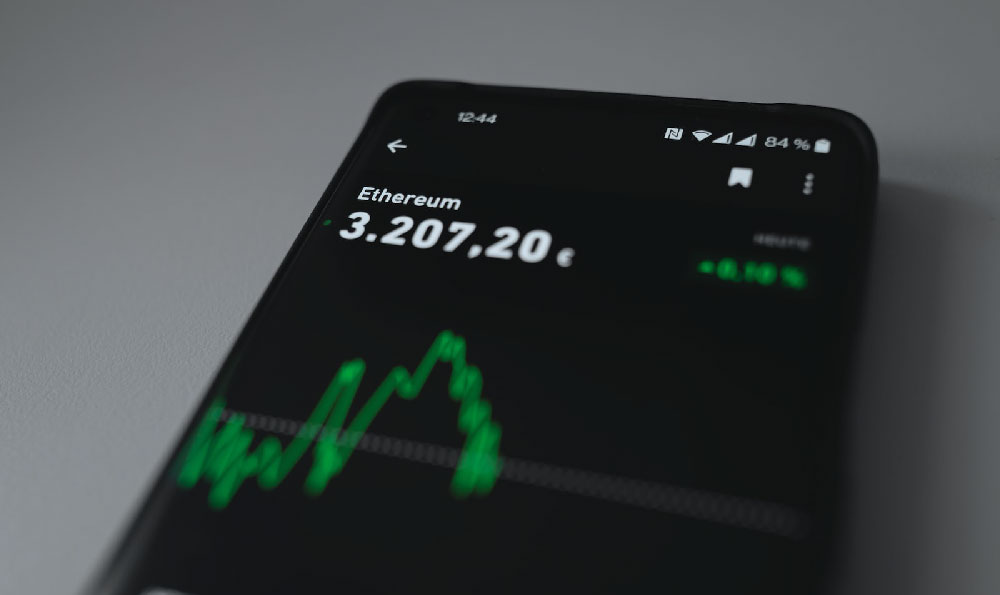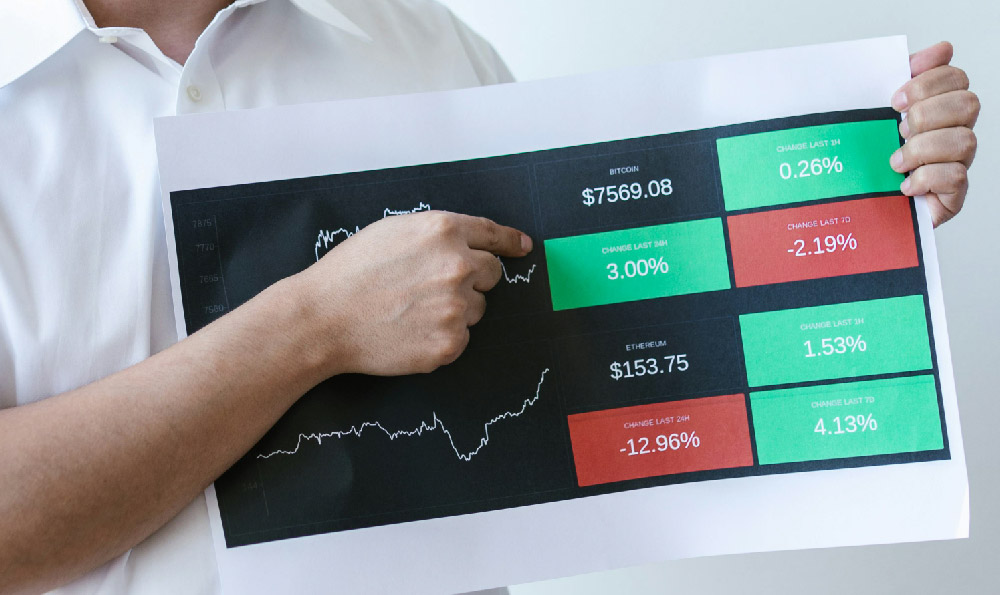GTA Online, as a virtual environment, presents a unique microcosm where players can explore diverse ways to generate wealth beyond the traditional gameplay mechanics. The game’s economy, blending real-world financial systems with fictional elements like Bitcoin and stock markets, offers opportunities for strategic resource management, value creation, and risk mitigation. Whether aiming to accumulate cash for high-stakes operations or invest in virtual assets for long-term gains, understanding the nuances of this system is crucial. The key lies in analyzing the interplay between time, effort, and economic principles to unlock sustainable financial growth.
One of the most straightforward methods to generate wealth in the game involves leveraging the structured tasks and objectives provided by the game’s narrative. Completing Contracts, for instance, rewards players with substantial sums of money, often tied to specific missions that require careful planning. These missions, ranging from escorting targets to eliminating rivals, demand not only combat skills but also an awareness of economic opportunities within the events themselves. Players who consistently evaluate the market value of rewards and optimize their tasks for maximum return often find themselves in a stronger financial position. For example, prioritizing Contracts with higher payment multipliers or completing tasks that generate secondary resources—such as securing corporate assets—can create a compounding effect on wealth accumulation. The game also offers auxiliary tasks like heists, which, while resource-intensive, provide exponential rewards that justify the investment of time and preparation.
Investing in the game's virtual stock market is another avenue for wealth generation, though it requires a blend of research and intuition. With limited access to real-time data, players often rely on fragmented information from in-game sources, such as the phone’s market alerts or dealer conversations, to make informed decisions. Simulating real-world investment strategies in this context, such as diversifying portfolios across different stocks, analyzing trends in asset prices, and closing positions before market fluctuations, can yield significant returns. However, the risks are equally pronounced. Overleveraging, for instance, can lead to catastrophic losses if the market plummets, as seen in players who invest heavily in volatile assets like the “Carmageddon” stock during unstable periods. The solution lies in maintaining a disciplined approach, setting clear stop-loss thresholds, and avoiding impulsive trades driven by short-term hype. Monitoring macroeconomic events within the game—such as changes in gang territory or corporate policies—can also help anticipate market shifts and adjust strategies accordingly.

The game’s virtual currency ecosystem introduces unique mechanics that reflect real-world financial systems. Bitcoin, for example, is a recurring element in the game, often tied to missions that require player to buy and sell it to generate profit. Understanding the role of Bitcoin as a store of value and its volatility compared to other in-game currencies like cash or Balboa is essential. Players who treat Bitcoin-like digital assets as short-term trading instruments, buying low during periods of market weakness and selling high before price corrections, tend to maximize their gains. Conversely, those who treat these currencies as long-term investments may face risks of stagnation or decline. The key is to remain adaptable, using tools such as the phone’s market charts and GPS to track transactions and optimize the timing of trades. Additionally, exploring secondary markets where players can buy and sell virtual assets—such as car dealership contracts or property investments—can create additional income streams.
Beyond direct wealth creation, the game encourages players to adopt long-term strategies that prioritize stability and growth. Managing resources effectively, such as purchasing high-value property or maintaining a fleet of elite vehicles, is a core component of this approach. These assets can be leveraged for passive income through rental operations, discounted sales, or strategic trades. For instance, buying property in high-traffic areas and renting it out to other players during peak hours can generate a steady cash flow. Similarly, vehicles can be upgraded and sold at a premium, or used for courier services where speed and reliability translate into rewards. The principle here mirrors real-world real estate or venture capital strategies, where the timing of investments and the ability to anticipate demand are critical to success.
However, the game’s economy is not without its pitfalls. Players must remain vigilant against exploitative tactics, such as scams involving fake contracts or phishing attempts to steal in-game assets. Protecting one’s virtual identity through secure account practices and avoiding unverified sources of information is paramount. Additionally, overreliance on high-risk activities like heists or unregulated markets can lead to financial instability, as these operations often carry the potential for loss or arbitrary penalties. The solution lies in balancing high-risk and low-risk strategies, allocating resources to safer ventures while hedging against potential losses through diversified holdings.
For those accustomed to real-world investment principles, GTA Online offers a parallel environment to test and refine strategies. The game’s emphasis on timing, risk assessment, and resource allocation mirrors many of the challenges faced in stock markets or cryptocurrency trading. Players who treat the game as a simulation of financial systems often adopt more sophisticated approaches, such as long-term holding of assets, arbitrage between different markets, or leveraging in-game currencies for loans and transactions. These methods, while not directly applicable to real-world investments, provide valuable insights into how economic principles operate in complex, dynamic environments.
Ultimately, the ability to generate wealth in GTA Online hinges on a combination of adaptability, strategic thinking, and patience. Understanding the interplay between the game’s tasks, virtual currency, and investment opportunities allows players to navigate the economy with confidence. By analyzing market trends, optimizing asset management, and avoiding common traps, players can create a sustainable financial framework that aligns with their goals. The lessons learned in this virtual world—though not directly transferable to real-world finance—offer a powerful analogy for understanding the importance of discipline, foresight, and resilience in any economic endeavor. Whether through direct income generation or strategic investments, the game’s economy serves as a unique case study in how to balance risk and reward in a constantly evolving system.












